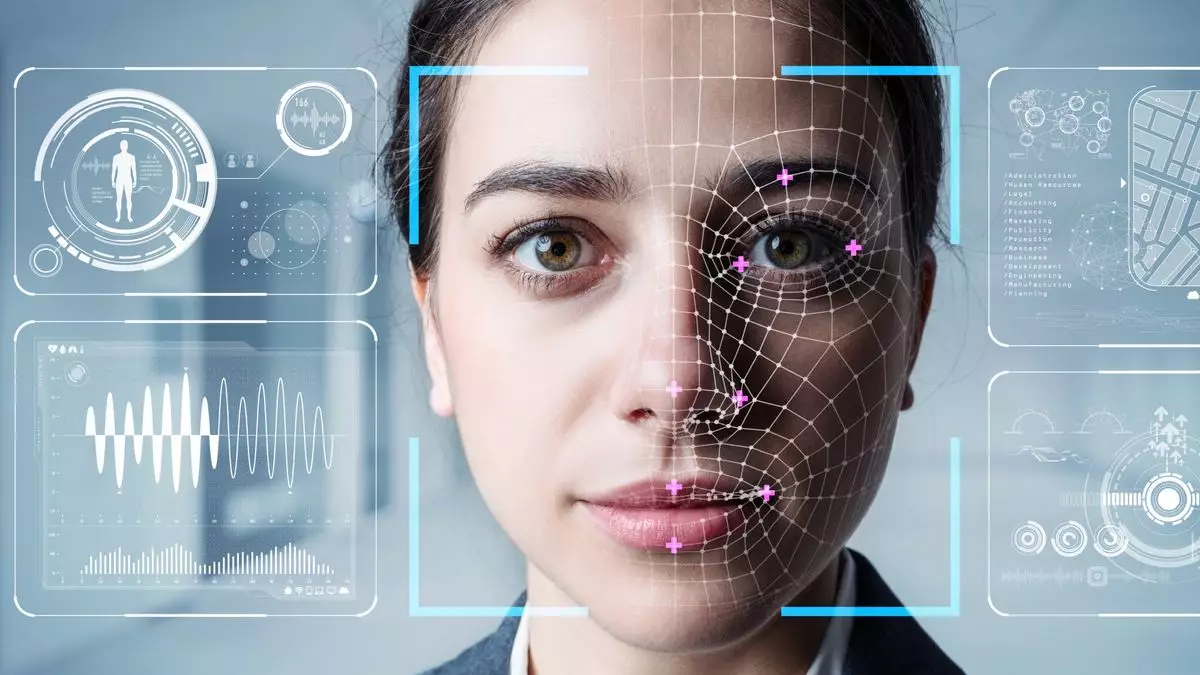The U.S. Travel Association is sounding the alarm about a proposed amendment to limit biometric facial recognition in airports. According to the association, if the amendment put forth by Sens. Jeff Merkley (D-Ore.) and John Kennedy (R-La.) to the Federal Aviation Administration reauthorization bill is passed, travelers could face an additional 120 million hours in TSA lines each year. This would undoubtedly lead to massive travel delays and chaos at airports across America.
The proposed amendment by Merkley and Kennedy would restrict the expansion of TSA’s facial-recognition technology unless costly and unworkable requirements are met. The sponsors of the amendment argue that TSA’s use of facial scans violates passengers’ privacy and should be optional. This has sparked a heated debate about the importance of biometric technology in enhancing airport security and streamlining travel processes.
Industry leaders, including Geoff Freeman, CEO of U.S. Travel, and Fred Dixon, CEO of NYC Tourism + Conventions, have expressed their concerns about the potential consequences of limiting biometric technology in airports. They argue that biometrics, such as facial recognition, play a crucial role in improving the traveler experience and reducing friction points in international visitation. With two-thirds of flyers supporting the technology, the industry is adamant about keeping biometrics on the table as a top priority.
The proposed amendment is just one of many amendments filed by senators this week, and the outcome of the vote could have a significant impact on the future of airport security and travel efficiency. The ongoing negotiations and conflicting viewpoints among lawmakers could lead to Congress passing another short-term FAA funding bill to avoid missing the Friday deadline. Despite the challenges, the Merkley-Kennedy amendment stands out as one with a higher chance of passage, potentially reshaping the use of biometric technology in airports.
In the midst of the amendment debate, Sen. Rand Paul (R-Ky.) has introduced a measure backed by ASTA that aims to relieve travel agencies from the burden of refunding flights when airlines hold the funds. This proposed measure highlights the complexities of airline regulations and the need for clearer guidelines to protect both travelers and industry stakeholders. Additionally, a revised language in the FAA bill aligning with new DOT refund rules could provide clarity on refund policies for canceled or delayed flights, benefiting passengers and travel agencies alike.
The debate surrounding biometric facial recognition in airports is multifaceted, involving considerations of privacy, security, efficiency, and industry interests. As lawmakers navigate the complexities of the proposed amendments, the future of airport security and travel experiences hangs in the balance. It is essential for all stakeholders to engage in constructive dialogue and find solutions that prioritize both safety and convenience for travelers worldwide.

